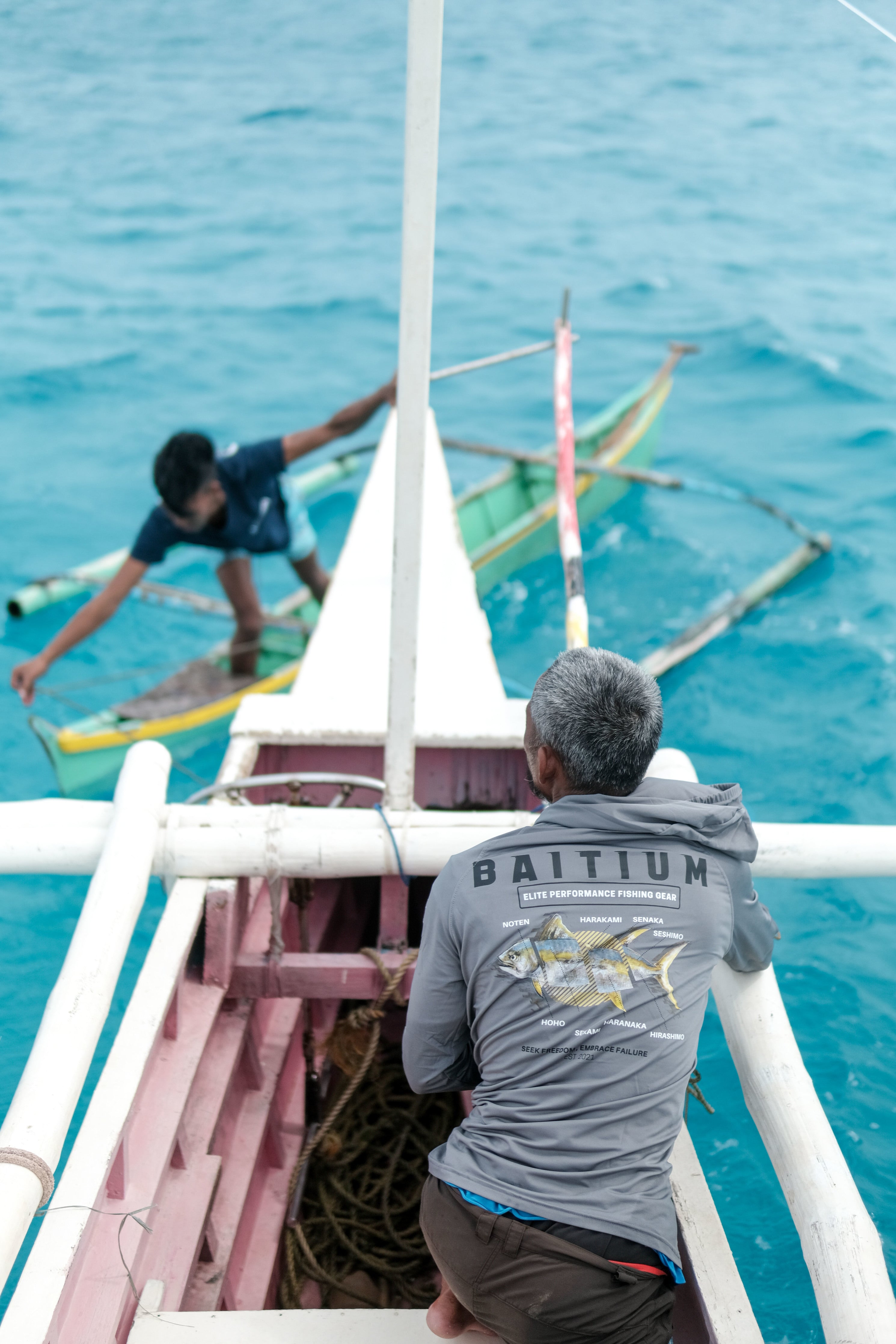Table of Contents
Is Overfishing Still a Problem?
One of the main causes of reductions in maritime animal populations is fishing. Overfishing occurs when fish are harvested quicker than they can reproduce, which makes it difficult for them to maintain a healthy population. We must take action to end overfishing as it is a global phenomenon that has harmed and is still harming our oceans.
Overfishing often goes hand in hand with bycatch, where enormous quantities of undesired fish or other animals are caught, and then later discarded.
Overfishing today
To put it simply, yes, overfishing remains a serious problem today. Overfishing is even considered the most serious threat to our oceans, as up to a third of the assessed fisheries in the world are overfished. If left unaddressed, it has been predicted that by 2048, all fisheries in the world could collapse.
Effects of overfishing
Due to overfishing, there has been a decline in wild fish populations. From a rate of 90% of fish stocks being within biologically sustainable levels, that figure has dropped to 66% in the past four decades.
As fish populations deplete, fishermen opt to “fish down” the food web — when popular species like cod, snapper, grouper, rockfish, orange roughy, and Chilean seabass numbers are low, they switch to lesser species like sardines and anchovies. These smaller fish are other animals’ prey, and when they are overfished, the entire food web is endangered.
Due to the fall in fish numbers, there are no longer any fish to keep the coral reefs clean by eating the algae, which overgrows the reef and destroys the corals that provide a habitat for numerous ocean creatures.
Furthermore, overfishing damages are not limited to marine ecosystems. Across the globe, 3 billion people are reliant on fish as a source of protein. Fishing is the primary source of income for millions of people throughout the world, but overfishing makes it increasingly difficult for fishermen to make a living.
How to help
The best way to begin is always with yourself; educating yourself can go a long way. Finding out about local fishing laws and regulations and choosing sustainable seafood are good places to start.
Across the globe, efforts have been made to prevent overfishing. Unfortunately, many fisheries globally are either unregulated or implement policies that only exacerbate the issue.
Scientists suggest that implementing catch limits would be a great way to maintain healthy fish populations and allow the recovery of overfished populations. This also involves instituting closures to restrict where and when fishing can take place.
Lastly, making restrictions and modifications to your gear could be helpful, as some types of fishing equipment have the potential to seriously harm coral reefs and other vital marine environments and even cause bycatch.
MOST READ NEWS:
How To Use Your Fishing Records to Catch More Fish
Track your fishing trips, analyze patterns, and refine your techniques with a fishing log to catch more fish on every outing!
Solo Fishing Safety Tips: Stay Safe and Enjoy the Outdoors
Learn essential solo fishing safety tips: gear checklist, boat safety, emergency preparedness, weather monitoring & fishing location scouting. Stay safe on the water.
Secrets to Winter Fly Fishing Success
Master winter fly fishing with expert tips on trout behavior, essential gear, and proven techniques. Learn the secrets to catching more fish in cold weather.
How Cold Water Changes Fish Behavior: Insights for Anglers
Explore how cold water affects fish behavior and fishing techniques, enhancing your angling success and strategy.
Is Tech Making Fishing Too Easy? Exploring Forward-Facing Sonar (FFS)
Learn about forward facing sonar in fishing - what it is, how it works, rules for tournaments, ethics, and tips for finding fish with this game-changing technology.
Plan Your Best Fishing Trip Yet this 2025: A Complete Guide
Plan your fishing trip this off-season. Learn to choose destinations, prep gear, pick bait, and trust Baitium for expert tools and tips!
15 Fishing Resolutions for 2025: Set Yourself Up for Success
Discover 15 essential fishing resolutions for 2025: tackle organization, gear maintenance, angling techniques, conservation tips, tournament prep, and fishing safety guidelines.


